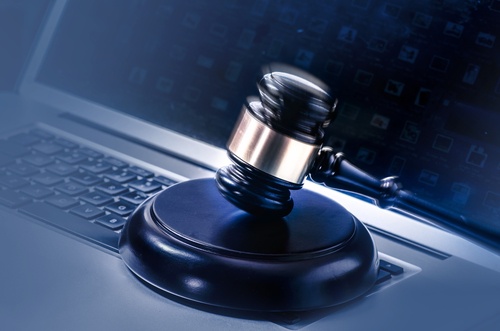
For the vast majority of people, ACTA is a distant remnant of the mid-2000’s: something gone, buried, and long-forgotten. However, as one of the most significant international attempts to enforce brand protection in the digital age, the impact and eventual outcome of ACTA should not be overlooked.
Online piracy, illegal downloading, and copyright infringement are not going away anytime soon, and there is no doubt that companies and governments will continue to make attempts to curb them.
By understanding what ACTA was, what it proposed to do, and why it did not ultimately succeed, we can understand how to create future agreements for brand protection that respect both the rights of consumer and the interests of copyright infringement groups.
Hopefully, the future will see brand protection laws which both successfully work to reduce copyright infringement and respect individuals’ rights to personal privacy.
What Was ACTA?
ACTA, or the Anti-Counterfeiting Trade Agreement, was a multinational treaty negotiated from 2007 to 2011 by the US, the EU, Switzerland, Canada, Australia, New Zealand, Mexico, Singapore, Morocco, Japan, and South Korea.
Its goal was to create an international legal framework that would target counterfeit goods, generic medications, and internet copyright infringement with stricter penalties.
In order to do this, it proposed the establishment of an independent, self-regulating international governing body which could target intellectual property rights violators through its own initiative.
However, many individuals and organizations viewed certain provisions of ACTA as infringements of fundamental human rights, such as freedom of expression and privacy, and this opposition led to its eventual rejection.
In this series, we will examine those who supported ACTA, those who opposed it, and how its rise and fall can help guide the creation of new international copyright infringement laws in the digital age.
Part 1: Those in Favor
ACTA was mainly supported by industrial groups with an interest in copyright, trademarks, and other types of intellectual property.
The speed and ease of digital reproduction and the growing use of the internet as a means of distribution over the past few decades has made intellectual property violations harder to tackle, negatively impacting organizations that represent brand protection and fair use.
Groups such as the Motion Picture Association of America and the International Trademark Administration demanded harsher criminal measures and stronger enforcement powers that would be able to circumvent intellectual property theft.
Words of Support
During one of many hearings on the subject, the European Commission argued that countries involved in the negotiations viewed intellectual property rights as a key instrument for their development, and that copyright infringement poses an ever-increasing threat to the sustainable development of the world economy.
In order to protect these economies, it argued, stricter consequences for violations were necessary. ACTA also aimed to curb the distribution of counterfeit goods which can endanger consumers, such as pharmaceuticals, food, beverages, cosmetics, toys, and car parts.
It proposed to do this by giving enforcement agencies the freedom to seize and/or destroy goods related to infringement, including domain names.
The Official U.S. Position
White House spokesperson Miriam Sapiro delivered the official U.S. position on the subject, stating, “As you may know, the proliferation of counterfeit and pirated goods poses considerable challenges for legitimate trade and economic development.
Protecting intellectual property rights helps to further public policies that are designed to protect the public. ACTA will help authorities, for example, protect against the threat posed by potentially unsafe counterfeit goods that can pose a significant risk to public health.”
She went on to insist, “ACTA specifically recognize the importance of free expression, due process, and privacy.”
However, although ACTA received significant support from the U.S. and many other nations, it did not ultimately succeed. In our next post, we will discuss the opposition faced by ACTA, why it failed, and how we can learn from its failure to create stronger, fairer international brand protection laws in the future.
In the meantime, consumers must rely on intellectual property software to protect their brand reputation, fight intellectual property fraud, and maintain supply chain integrity.
